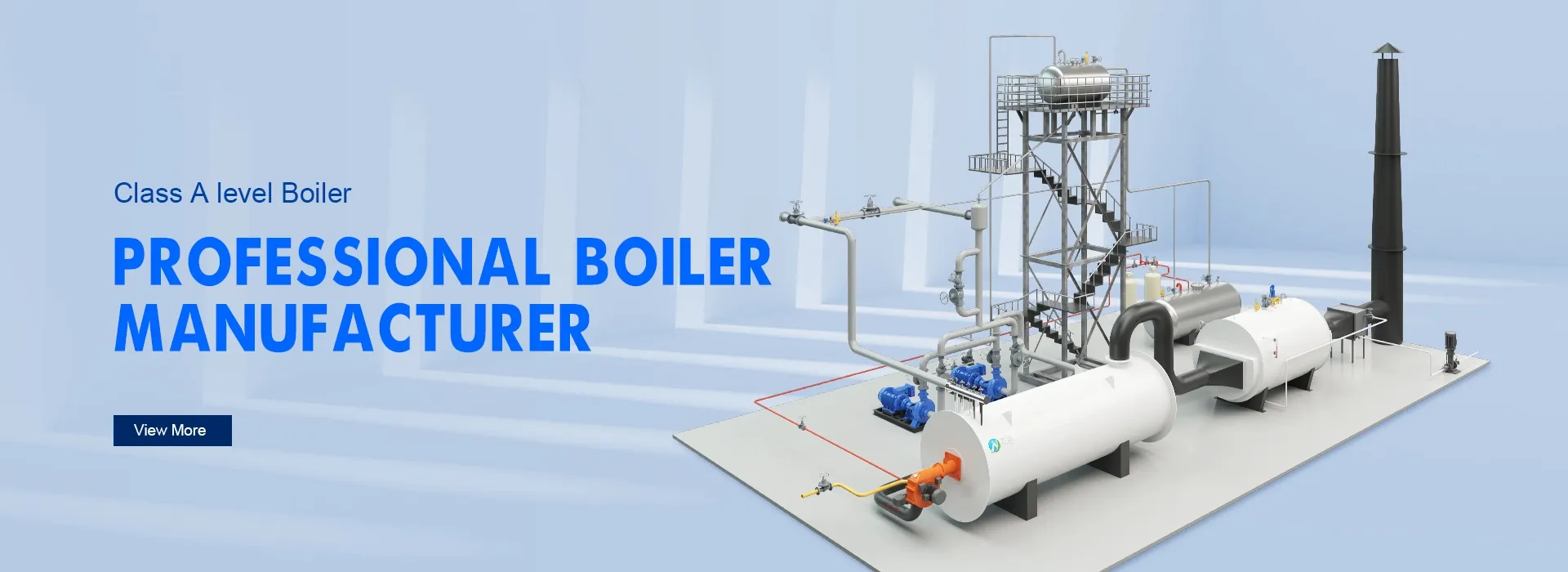Efficient Thermal Oil Heating Solutions for Industrial Applications and Energy Conservation Strategies
Understanding Thermal Oil Heaters A Key Component in Industrial Heating Systems
Thermal oil heaters are essential devices in a wide array of industrial applications, primarily used for transferring heat efficiently and safely. Unlike traditional steam-based heating systems, thermal oil heaters utilize oil as the heat transfer medium, providing several advantages that make them increasingly popular in various sectors including manufacturing, chemical processing, and food production.
Principle of Operation
The fundamental principle behind thermal oil heaters is relatively straightforward. They operate by heating the thermal oil through a combustion process, where fuel is burned to generate heat. The heated oil is then circulated through a closed-loop system, delivering the necessary temperature to various processes or equipment. This design allows for precise temperature control and reduces heat loss, making thermal oil systems highly efficient.
Advantages of Thermal Oil Heaters
One of the primary advantages of thermal oil heaters is their ability to operate at higher temperatures compared to conventional water-based systems. While water-based systems can typically reach temperatures of around 180°C (356°F), thermal oil heaters can efficiently function at temperatures of up to 350°C (662°F) or higher. This capability is particularly beneficial for industries that require specific high-temperature processes, such as the chemical sector where reactions may demand elevated heat levels.
Additionally, thermal oil systems allow for lower pressure operations compared to steam heating systems. This aspect not only enhances safety by minimizing the risks associated with high-pressure steam but also leads to reduced equipment maintenance costs. The closed-loop nature of a thermal oil system also eliminates the need for blowdowns and reduces water treatment expenses, making it a cost-effective solution in the long term.
thermal oil heater

Applications in Various Industries
Thermal oil heaters find applications in numerous industrial sectors. In the food industry, they are used for processes such as frying, dehydration, and other cooking processes requiring precise and consistent temperatures. In the chemical industry, they facilitate reactions that necessitate stable heat transfer, critical to ensuring product quality and process reliability.
Moreover, these heaters are widely utilized in the plastics industry for applications like extrusion and molding, where consistent heating is crucial for material processing. In the energy sector, thermal oil heaters serve in concentrating solar power plants, where they function to transfer heat from solar collectors to power generation systems.
Environmental Considerations
With growing environmental concerns and the push for sustainable practices, modern thermal oil heaters are designed with energy efficiency in mind. Many manufacturers now offer heaters that incorporate advanced technologies to optimize combustion and reduce emissions. Furthermore, using thermal oils with lower environmental impact can enhance the overall sustainability of processes relying on these heating systems.
Conclusion
In summary, thermal oil heaters play a pivotal role in various industrial applications, offering high efficiency, safety, and stability in heat transfer. Their capability to operate at elevated temperatures and lower pressures makes them suitable for diverse processes across multiple sectors. As industries continue to evolve and seek more sustainable practices, the importance of thermal oil heaters is likely to increase, driving innovation and development in this crucial area of industrial heating technology.
-
Electric Steam Boiler Manufacturers: Efficient & Reliable SolutionsNewsAug.17,2025
-
Electric Steam Boiler Manufacturers: Efficient Industrial SolutionsNewsAug.15,2025
-
Leading Electric Steam Boiler Manufacturers for IndustryNewsAug.14,2025
-
Buy Waste Heat Boilers: Custom, Efficient & Affordable SolutionsNewsAug.13,2025
-
Electric Steam Boiler Manufacturers | Industrial Power & EfficiencyNewsAug.12,2025
-
Electric Steam Boiler Manufacturers: Efficient & Reliable SolutionsNewsAug.11,2025

